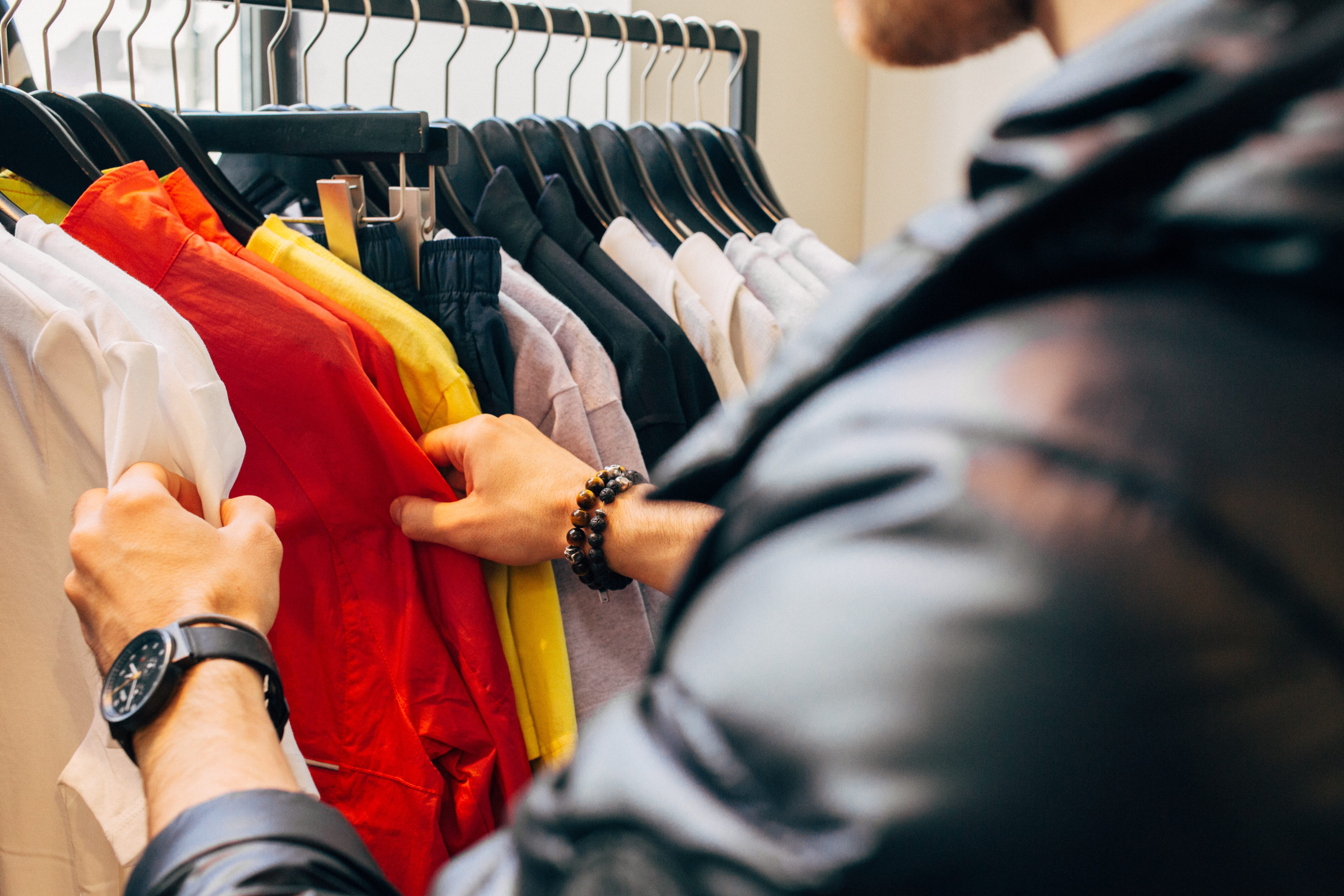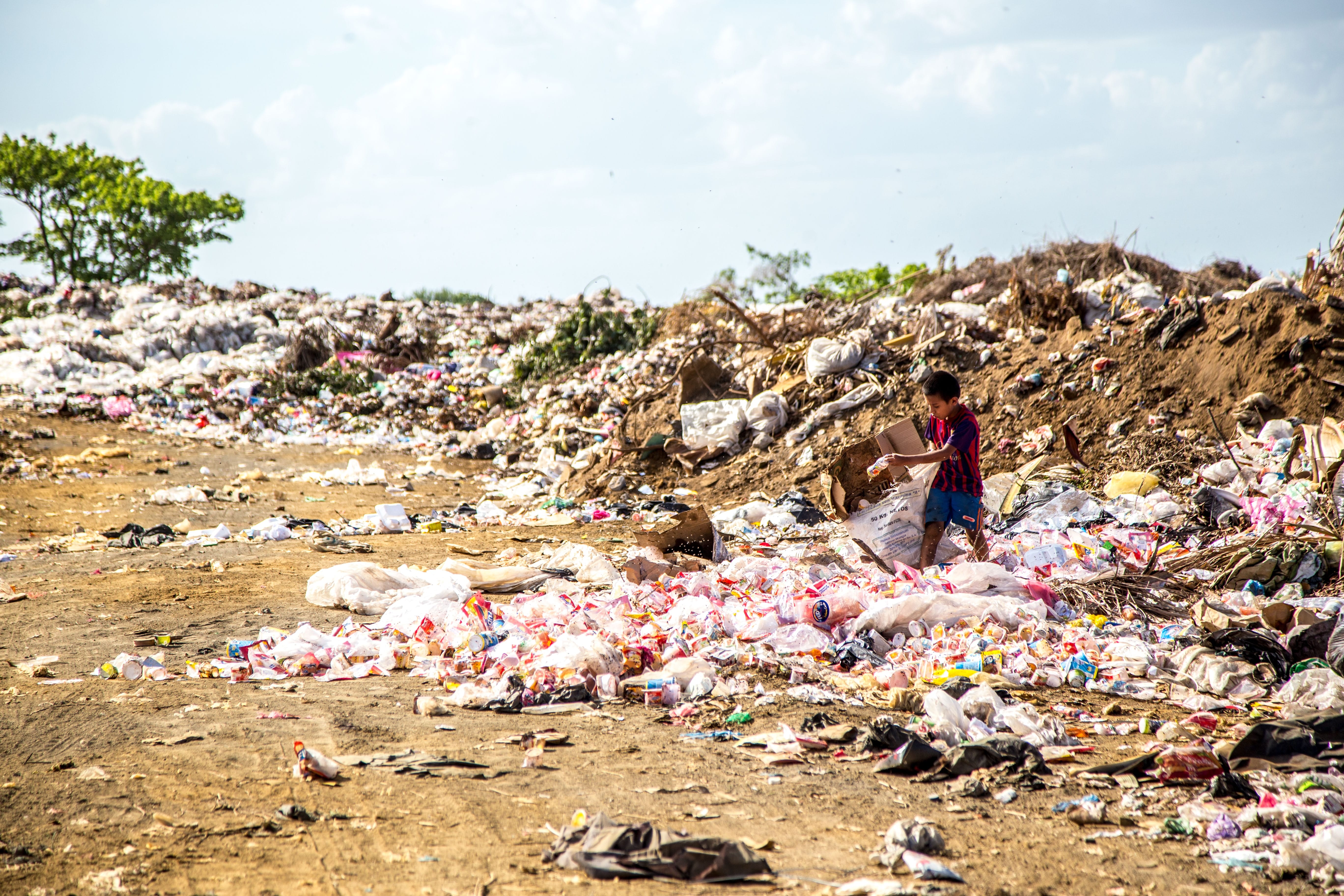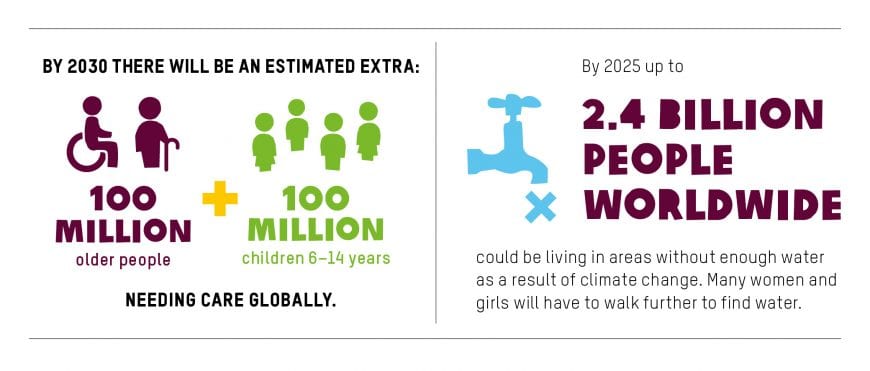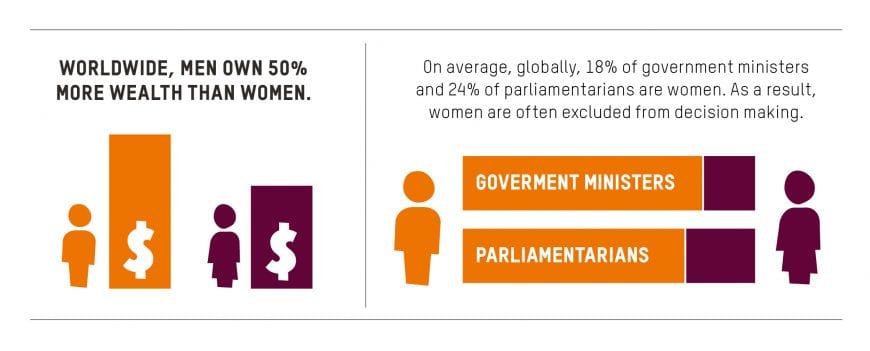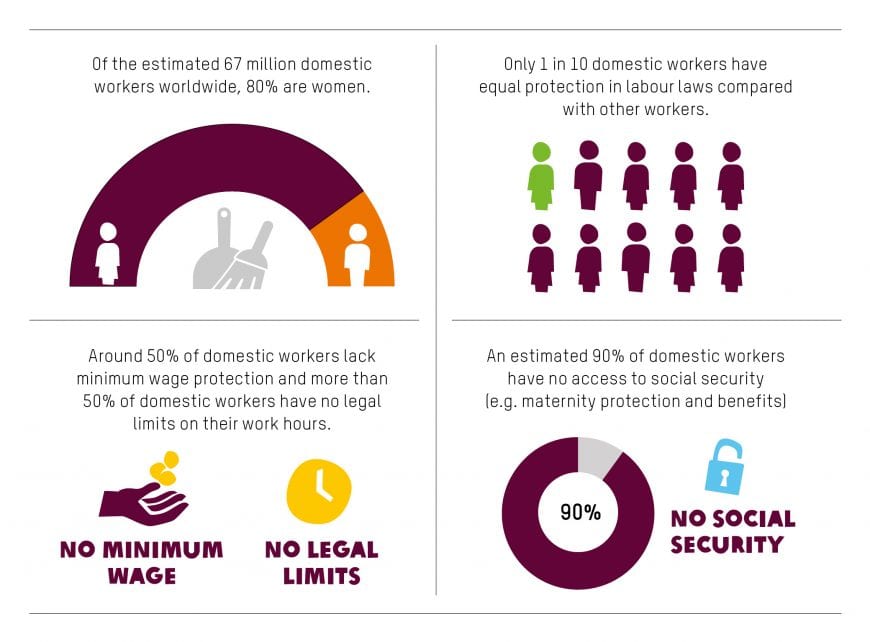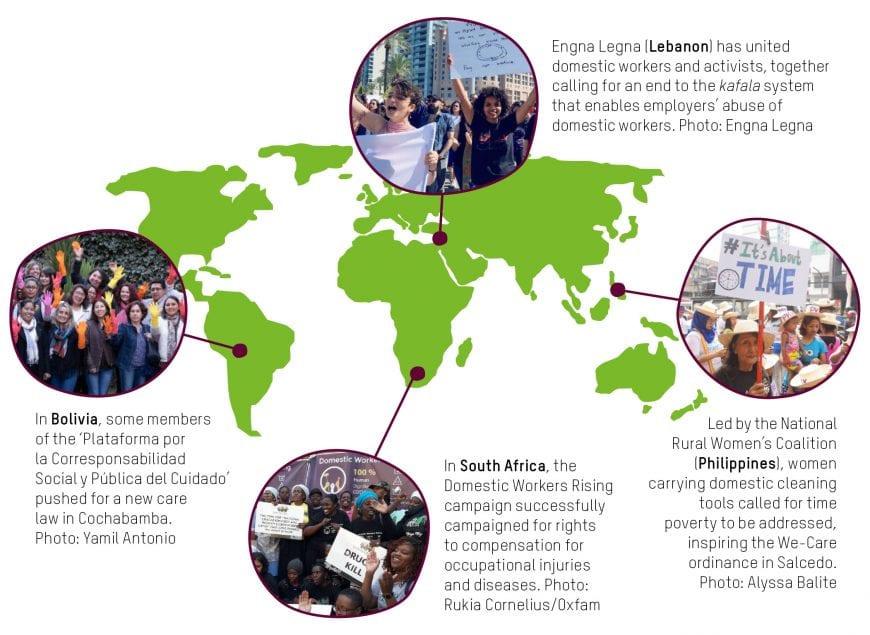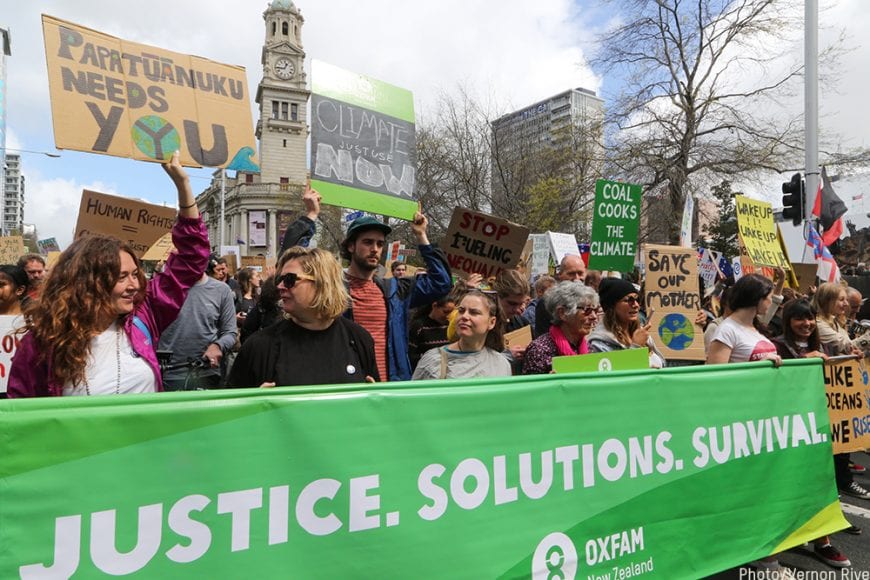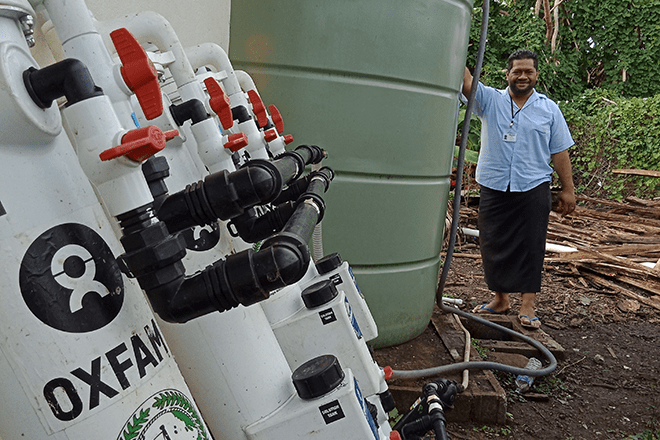
Christine Nurminen, left, with members of Oxfam’s local partner Touching the Untouchables (TTU) and OiPNG team. Henganofi district, Highlands PNG FLOW project, September 2019.
Challenging the international development sector
The recently established Māori and Pacific thought-leadership group Pacific Koloa Collective is the first of its kind for the international development sector in New Zealand. Chairing the unique group is former Pasifika Education Centre (PEC) Chief Executive Christine Nurminen, who towards the end of last year, left PEC to start a new journey as the International Portfolio Manager (Pacific) at Oxfam New Zealand.
When Christine, a former Ministry for Pacific Peoples (MPP) employee, initially arrived in the development and humanitarian sector, she says she immediately saw a need for the international development sector in New Zealand to re-think its values, assumptions and understanding of Pacific peoples in the region. A collective such as this one is essential in New Zealand, Christine says.
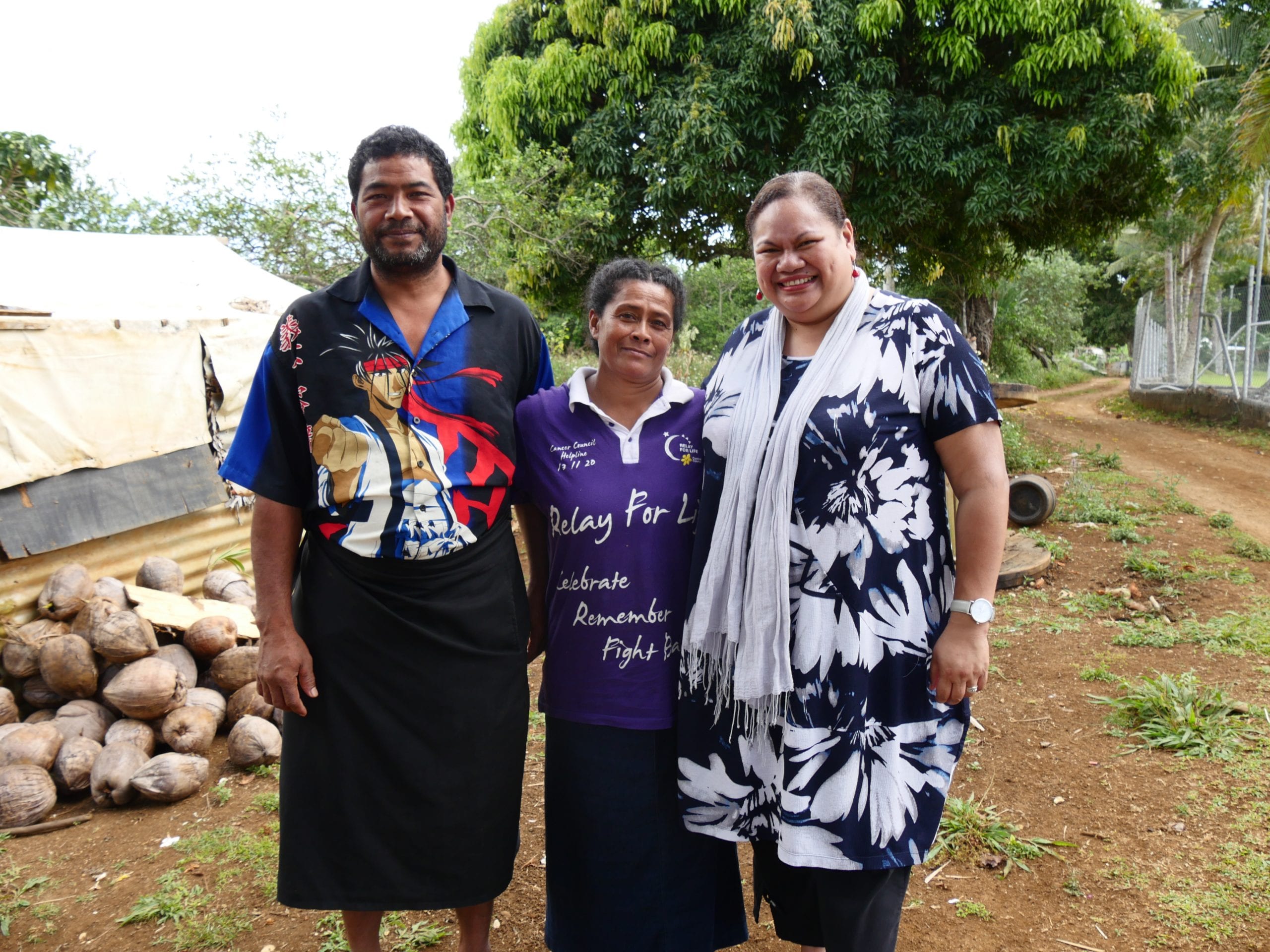
“There is a lot at stake for New Zealand when defining the Pacific, especially when looking to deepen New Zealand’s influence and relationships within the region.
“For the first time in the international sector here in New Zealand, indigenous Māori and Pacific development, humanitarian practitioners and advocates have been drawn together from different organisations to represents the value of diverse Pacific worldviews, different Pacific language skills to share our years of service and expertise to Pacific peoples to shape doing development differently.”
Read more here





